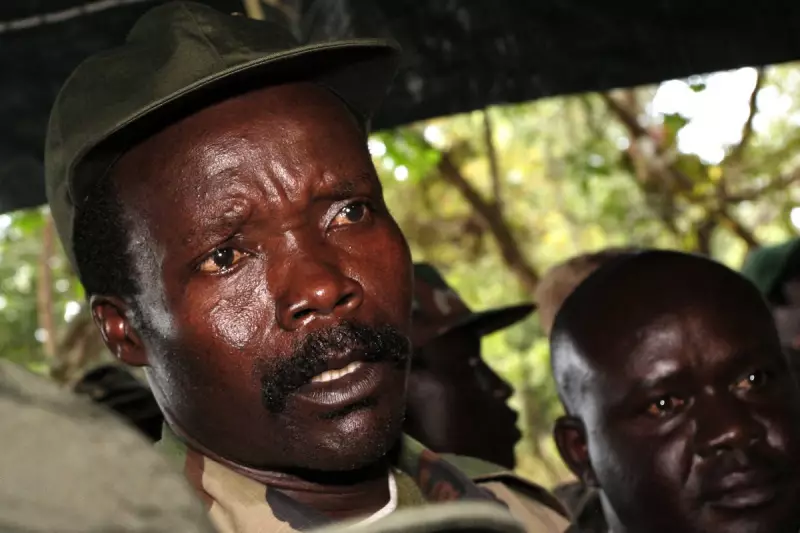
In a landmark ruling that has sent shockwaves through international justice circles, a Dutch court has delivered a mixed verdict in a high-profile case involving one of Africa's most notorious militant groups.
LRA Commander Faces Justice After Decades of Atrocities
The Hague-based court convicted a former commander of Joseph Kony's Lord's Resistance Army for horrific war crimes and crimes against humanity committed during Uganda's brutal conflict. The verdict represents a significant milestone for victims who have waited decades for accountability.
Dominic Ongwen, once a senior figure in the LRA's ruthless campaign of violence, was found guilty on multiple counts including murder, rape, sexual slavery, and the conscription of child soldiers. The charges stem from atrocities committed between 2002 and 2005 in northern Uganda, where the LRA terrorised civilian populations for years.
Controversial Dismissal of Putin Charges Raises Eyebrows
In a surprising twist that has drawn international attention, the court simultaneously dismissed war crimes charges against Russian President Vladimir Putin. The judges ruled that the case against the Russian leader fell outside their jurisdiction, a decision that has sparked debate among legal experts and human rights advocates.
This dual outcome highlights the complex challenges facing international justice systems when dealing with sitting world leaders and non-state armed groups simultaneously.
Long Road to Justice for LRA Victims
The conviction marks a rare victory in the long-standing effort to bring LRA members to justice. Joseph Kony, the group's elusive leader, remains at large despite being one of the ICC's most wanted fugitives for nearly two decades.
Human rights organisations have welcomed the conviction as a crucial step toward acknowledging the suffering of thousands of victims. "This ruling sends a clear message that impunity for mass atrocities cannot last forever," commented one court observer.
The case has been closely watched as a test of the International Criminal Court's ability to handle complex cases involving multiple defendants from different conflicts, setting important precedents for future international justice proceedings.





